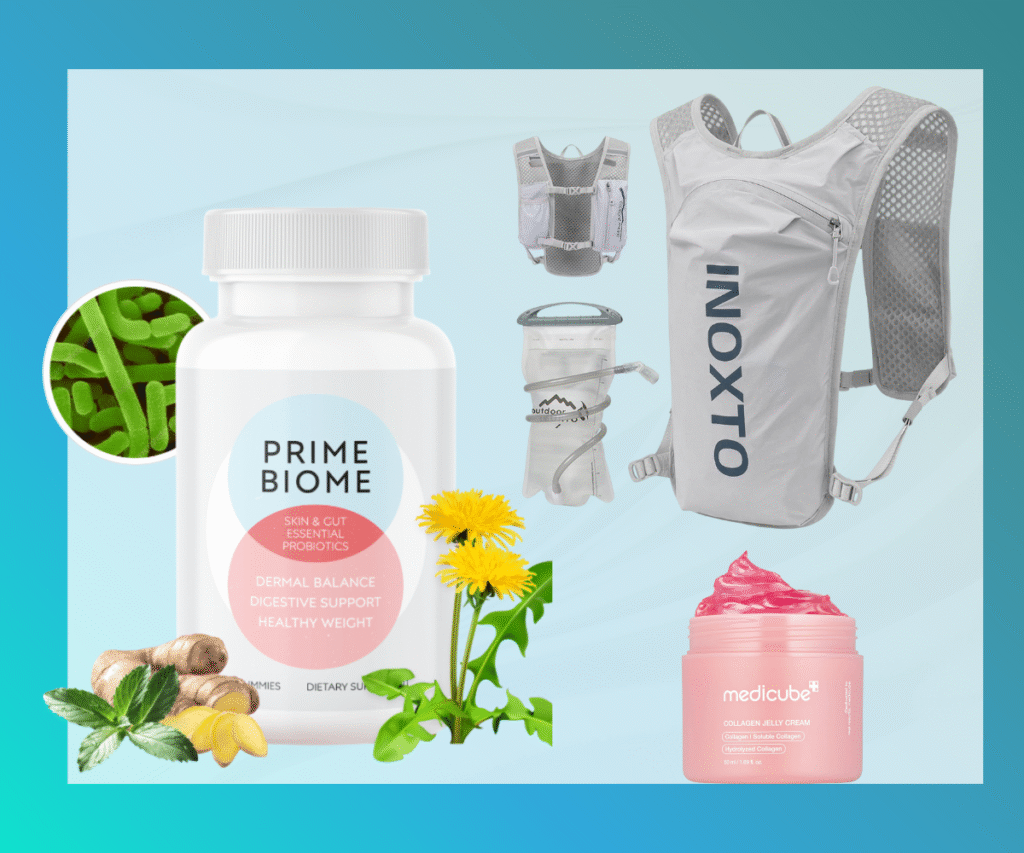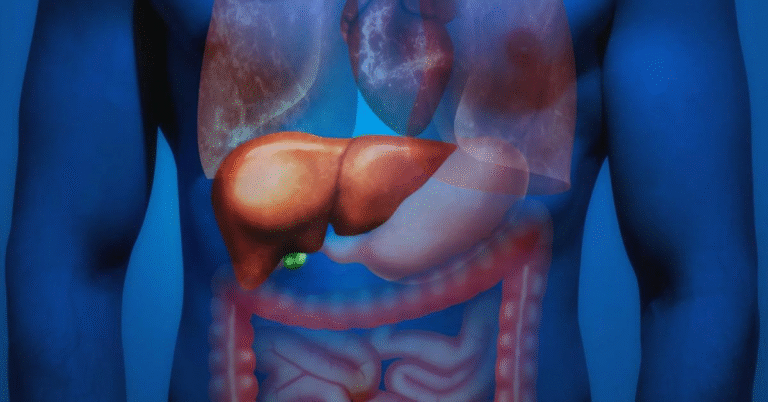Best Foods to Support Thyroid Health Naturally
Feeling tired, sluggish, moody, or struggling to lose weight? Your thyroid gland might be the culprit. It’s a tiny butterfly-shaped organ at the base of your neck that controls your metabolism, energy levels, mood, and hormone balance. Women are eight times more likely to have thyroid problems than men, so making some dietary changes can be super helpful.
Whether you’re dealing with hypothyroidism, Hashimoto’s thyroiditis, or subclinical thyroid issues, consuming the right foods can naturally nourish your thyroid, reduce inflammation, and restore balance.
Nutrient-dense, anti-inflammatory foods are essential for thyroid health, especially for women with autoimmune thyroid conditions, as highlighted by Dr. Karen Holt, an integrative endocrinologist. The foods we consume can either fuel inflammation or aid our body’s natural healing processes.
Why Women Need to Prioritize Thyroid Support
The thyroid gland, responsible for producing hormones like T3 and T4, plays a crucial role in regulating metabolism, energy levels, and even fertility. However, when the thyroid gland becomes underactive (hypothyroidism), it can lead to a range of health problems.
- Fatigue
- Weight gain
- Depression
- Cold intolerance
- Constipation
- Menstrual irregularities
Hashimoto’s thyroiditis, the most common cause of hypothyroidism, is an autoimmune condition characterized by substantial inflammation.
Top 10 Foods That Support Thyroid Health Naturally
1. Iodine-Rich Foods (Seaweed, Iodized Salt, Eggs)
Iodine is crucial for the production of thyroid hormones. A mere gram of dried seaweed can fulfill over 100% of the daily iodine requirement.
Excess iodine intake can be detrimental, particularly for individuals with Hashimoto’s. Consequently, it’s imperative to seek medical advice before making any substantial alterations to your iodine consumption.
2. Selenium-Rich Foods (Brazil Nuts, Eggs, Tuna)
Selenium plays a crucial role in converting T4 to the active form of T3, thereby safeguarding the thyroid gland from oxidative stress.
Just 1–2 Brazil nuts per day provide your full daily selenium needs.
3. Cruciferous Vegetables (Broccoli, Kale, Cauliflower – in moderation)
These supplements support estrogen balance and detoxification, which are crucial for maintaining good thyroid health.
Cook them to reduce goitrogenic compounds that may interfere with iodine uptake.
4. Fatty Fish (Salmon, Sardines, Mackerel)
Loaded with omega-3 fatty acids, which reduce inflammation and support healthy immune function, especially important in autoimmune thyroid disease.
5. Zinc-Rich Foods (Pumpkin Seeds, Chickpeas, Oysters)
Zinc plays a role in thyroid hormone synthesis and immune regulation. Low zinc levels have been linked to hypothyroidism and hair loss.
6. Antioxidant-Rich Fruits (Berries, Pomegranates, Apples)
Antioxidants combat oxidative stress in thyroid tissue, which is common in Hashimoto’s and other thyroid disorders.
7. Avocados
Avocados, rich in healthy fats, fiber, and potassium, play a crucial role in balancing blood sugar levels and supporting adrenal function, which is closely associated with thyroid health.
8. Eggs
A complete source of protein, selenium, iodine, and B vitamins—all nutrients essential for thyroid function.
9. Gluten-Free Whole Grains (Quinoa, Buckwheat, Brown Rice)
Many women with Hashimoto’s find that gluten can worsen their symptoms. Gluten-free whole grains, on the other hand, help maintain energy and blood sugar levels without triggering inflammation.
10. Bone Broth & Collagen
Rich in amino acids such as glycine and proline, which are essential for gut healing. This is crucial because 70% of the immune system resides in the gut, where many thyroid problems originate.
What the Research Says
- A 2022 study published in Nutrients revealed that selenium supplementation significantly enhanced TPO antibodies and thyroid hormone levels in women affected by Hashimoto’s.
- A 2021 meta-analysis published in Frontiers in Endocrinology found a correlation between omega-3 fatty acid intake and reduced thyroid inflammation, as well as improved TSH levels.
- Iodine deficiency persists as a concern in certain populations, but excessive supplementation can exacerbate autoimmune conditions—strike a balance.
Dr. Holt emphasizes that supporting the thyroid involves consistently consuming a balanced, nutrient-rich diet that helps regulate the immune system, rather than relying on a single miracle food.
Foods to Limit or Avoid for Thyroid Health
- ❌ Highly processed foods (refined sugars, seed oils, additives)
- ❌ Excess gluten (especially for those with autoimmune thyroid issues)
- ❌ Excess soy, which may interfere with thyroid hormone absorption
- ❌ Raw cruciferous vegetables in large quantities (goitrogens)
Daily Diet Tips for Better Thyroid Function
- Start your day with protein-rich meals (eggs, Greek yogurt, or chia pudding).
- Cook with coconut oil or olive oil to support metabolism and reduce inflammation.
- Snack on Brazil nuts and berries for selenium and antioxidants.
- Stay hydrated—even mild dehydration can slow down thyroid function.
- Consider gluten-free eating if you have Hashimoto’s or symptoms worsen after gluten consumption.
Explore NIH’s thyroid health guide for more detailed medical info.
Nourish Your Thyroid, Nourish Your Energy
Thyroid health is intricately linked to your overall well-being, influencing your emotions, thoughts, physical movements, and aging process, particularly for women. Fortunately, every meal you consume presents an opportunity to nourish this essential gland. By prioritizing whole, anti-inflammatory, and nutrient-dense foods, you can provide your thyroid with the support it requires to function optimally.
Dr. Holt emphasizes that thyroid dysfunction doesn’t have to dictate your life. The key is to begin by focusing on your diet, as making small changes can lead to significant improvements in your overall well-being.
Check out the healthlynic ✔️approved range of products for Weight Loss, Improve metabolism and much more!







